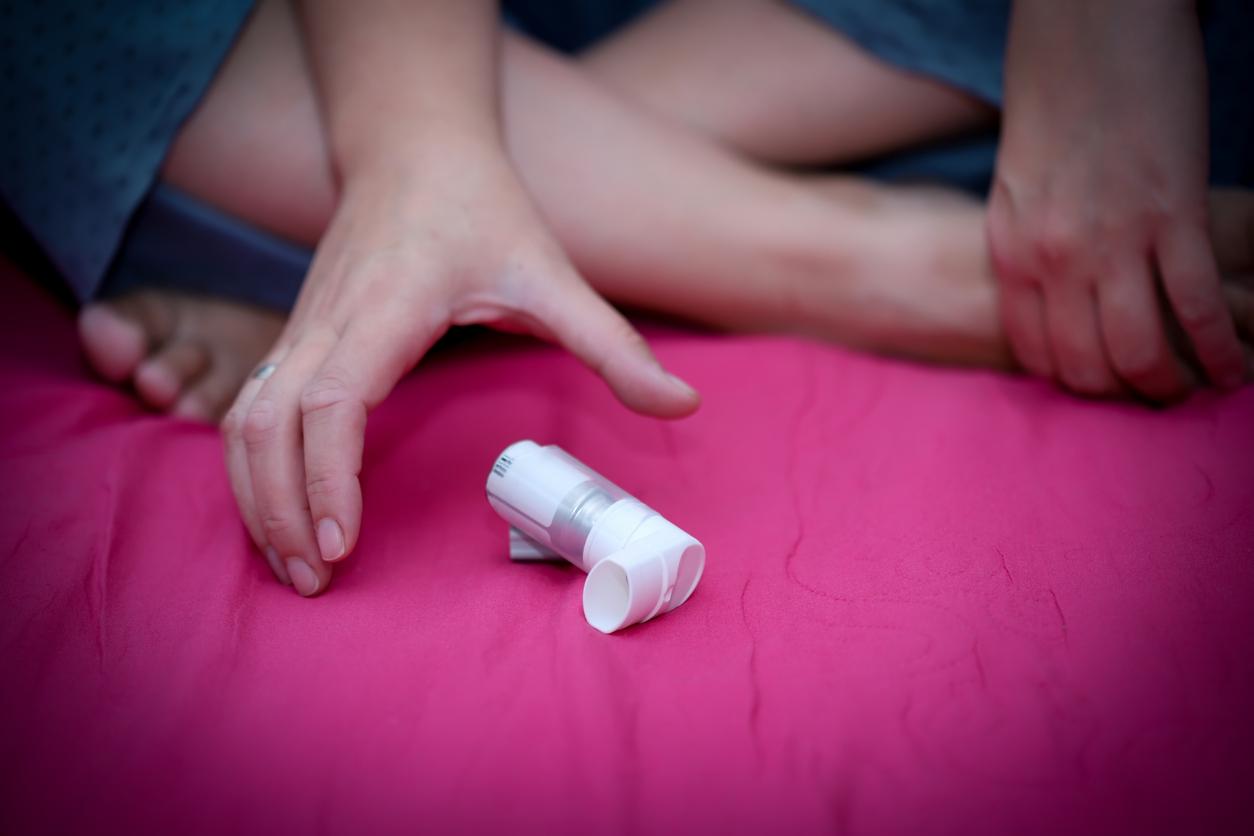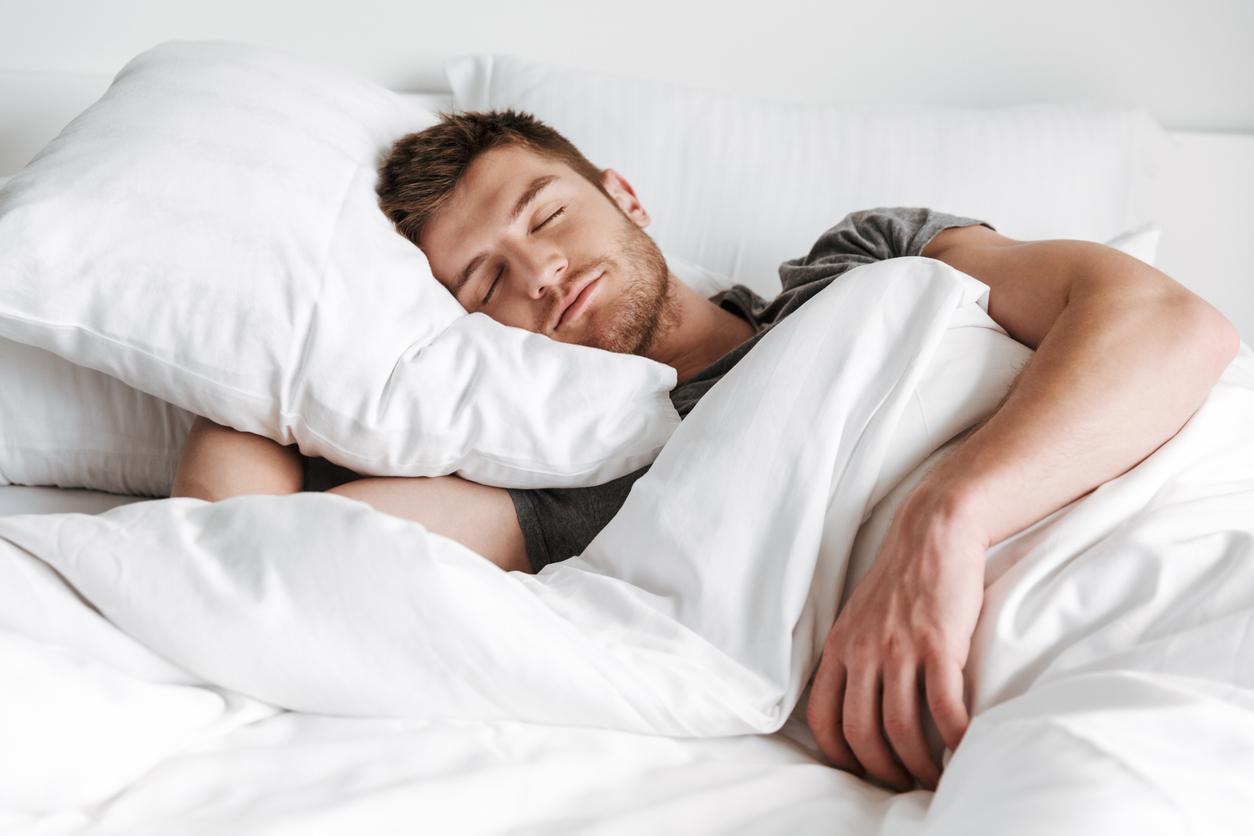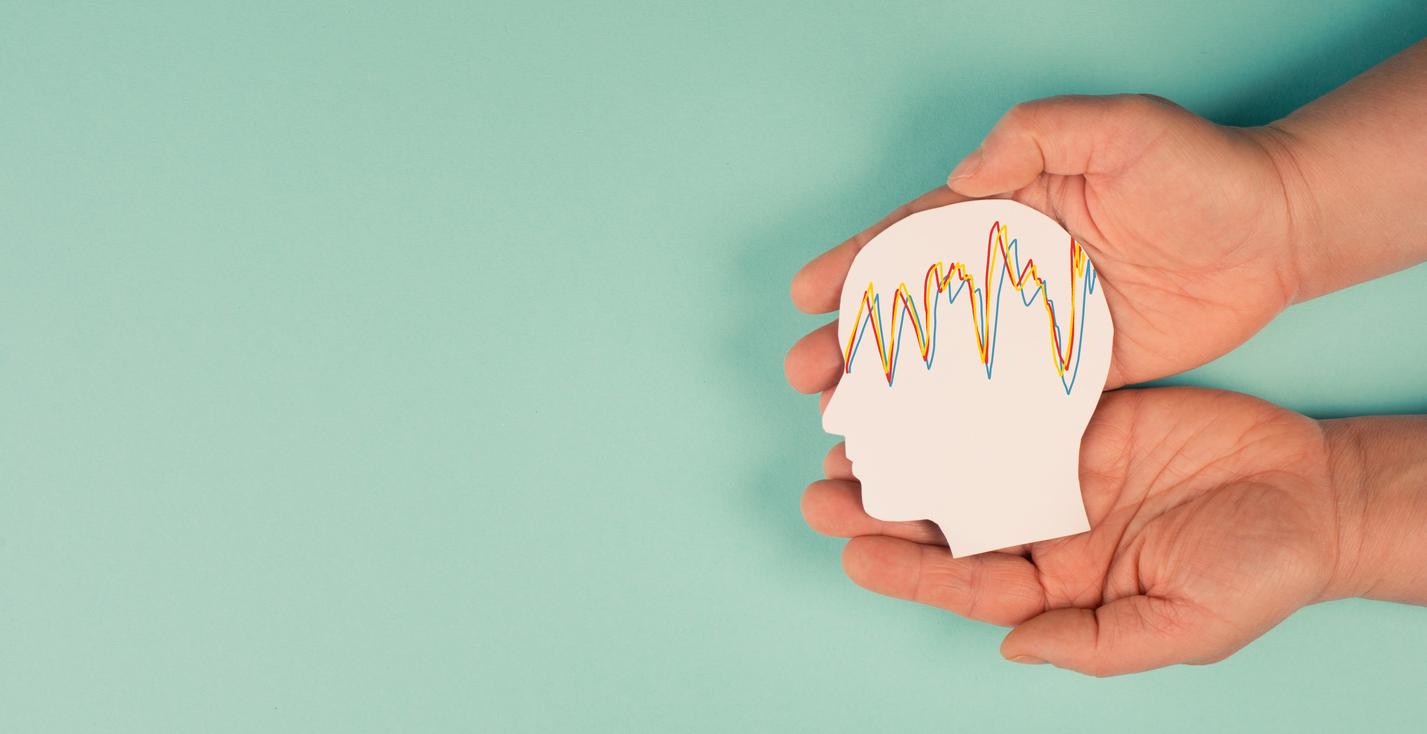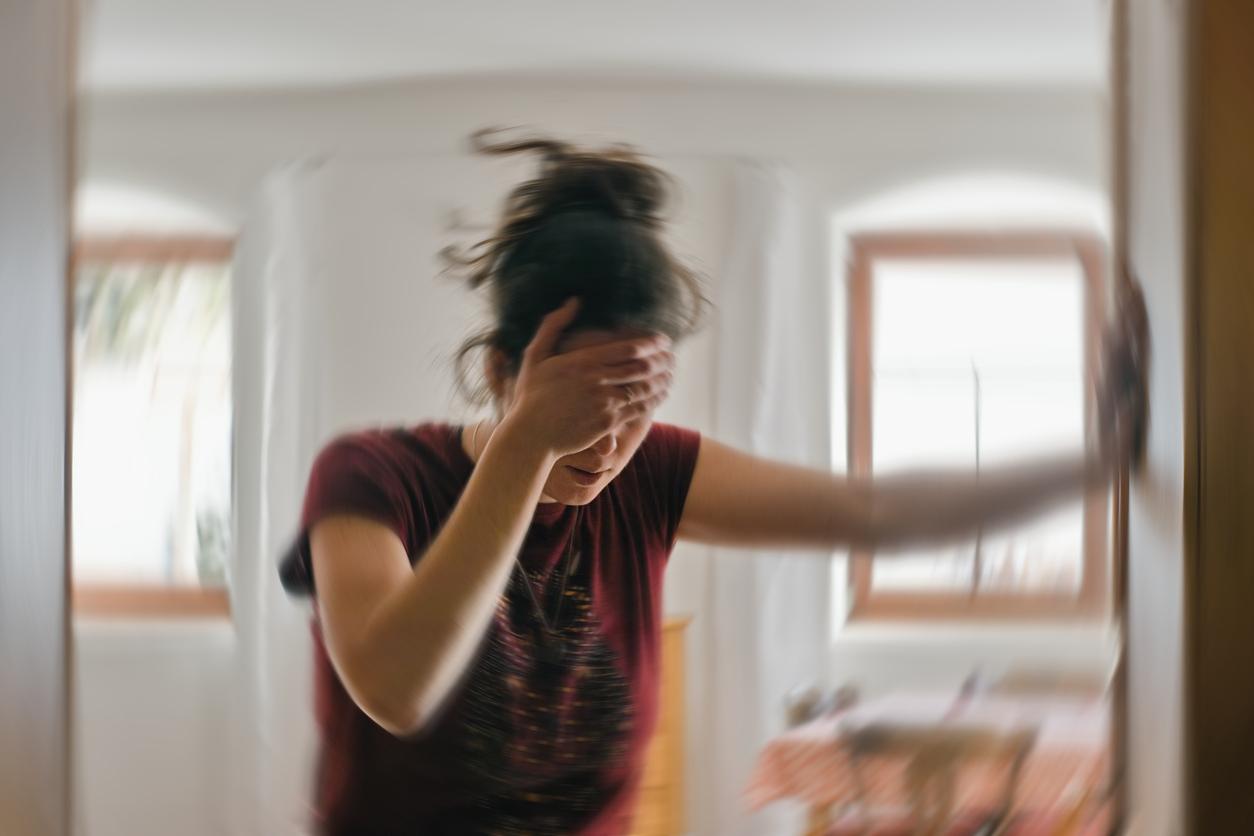
During the corona crisis, we usually sleep worse and dream more intensely. Fear about uncertain times and the stress of working from home play a role in this, but sitting inside a lot is also not conducive to a good night’s sleep.
One person suddenly has bizarre, incoherent dreams and the other just can’t fall asleep. It seems as if our nights sleep are getting more turbulent and our days more monotonous. It’s ironic, but explainable.
Imaginative nights
During a normal work week, many people get little sleep because they go to bed late and leave early. Due to the lack of travel time, these people now sleep longer, resulting in an increase in the number of dreams they have. In addition, dream sleep plays a major role in dealing with emotions, feelings and experiences. Especially in these uncertain times, it is therefore easy to see how we process these experiences.
During sleep, memories are stored in strong and weak connections in the brain cells. For example, intense or important experiences are stored in long-term memory as strong connections. Some memories seem to replay your brain in your dreams. Unimportant events, and therefore the weak connections, are filtered out of your memory.
The combination of more awareness, more dream sleep and more feelings of fear and stress now cause a temporary dream peak. If the new sleep rhythm is experienced as positive, it is not a bad idea to keep it up after the corona crisis.
Sleepless nights
Not everyone sleeps better, many people now experience a worse night’s sleep than before. It’s not clear how it works in the brain, but we know that stress can be a cause of poor sleep. Worrying about work or the health of loved ones will now be a reason for many people to worry at night. The result: being sleepy during the day and lying wide awake at night.
Now that we no longer have to leave the house early and home working hours are more flexible, the rhythm quickly disappears. After a bad night with little sleep, it is therefore tempting to stay in bed a little longer in the morning.
Not only stress, but also too few stimuli can have a negative effect on sleep. During the day you normally build up sleep pressure by moving and using your brain. Because days are now so calm, it is more difficult to lose the energy. With so much sitting inside, it is therefore not surprising that people are now wide awake at night.
A better night’s sleep
Fortunately, there are a number of tips to de-stress before going to sleep. For example, it helps a lot if you get moving during the day and don’t stay indoors all day. Avoiding screens of electronic devices can also contribute to a better night’s sleep. In addition, it is advisable to use the evenings only for relaxing activities.
Ironically, a good night’s sleep works best against stress. Once you manage to get a good night’s sleep, there’s a good chance you’ll feel a lot more carefree the next day. And that puts you one step ahead of the next night.
More tips for a better night’s sleep can be found here.
Sources):















